Recently, I wrote this: https://stacker.news/items/684558?commentId=684701 and asked whether three emails were "legit"...did Satoshi write them. Still wondering, I thought a wider explanation might be worthwhile.
Somehow, I'm finding myself lost in a techno labyrinth and then mired in a quandary of muck. Here's why...
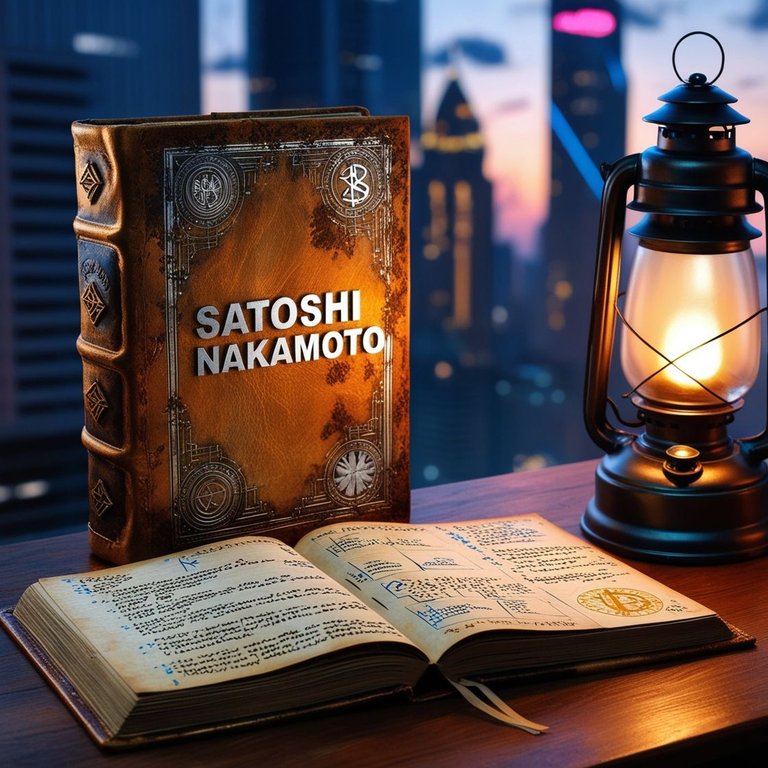
Image source: generated at leonardo.ai
The background
In 2019, I edited a book called "Kicking the Hornet’s Nest: The Complete Writings, Emails, and Forum Posts of Satoshi Nakamoto, the Founder and Creator of Bitcoin" with the goal of logging all of Satoshi Nakamoto's public writings in chronological order (links here). There were other similar resources out there, and a somewhat similar but incomplete book, yet none were arranged strictly by chronology or without heavy editorial commentary added as a layer on top of Satoshi's writings.
I wanted Satoshi's words, alone, in order, all of them.
A second edition of "Kicking" came out when three "Satoshi emails" were released in 2020. Since the goal was to include all of Satoshi's writings, a new edition was needed.
Then, with the "COPA trial" in early 2023 a new slew of never-before-seen emails were released by Adam Back and Martii Malmi as evidence in the case. This was a couple of hundred more emails, half from Satoshi and the other half to Satoshi. So, a third edition of "Kicking" was needed.
The start
My current quandary started when I got a ping via X saying I'd missed Wei Dai's emails with Satoshi.
Wei Dai's work is the first citation in the bitcoin whitepaper (page 9) and Dai is a cypherpunk legend, of course. This omission was a rather egregious error on my part, "How did I miss that?" I wondered. Like finding an overlooked golden nugget, I eagerly wrote back to thank BITCOINALLCAPS: "This is defitely [sic] something to include. I'll investigate, and thanks for the heads up!"
That feeling
Since I'm currently still tweaking out the third edition, this Wei Dai email discovery came at an opportune time to make adjustments. However, I had, and have, a funny feeling.
The link that BITCOINALLCAPS gave was to what I thought was a semi-sketchy looking video. (See the YouTube video linked on the X post above:
The vid was interesting in that it talked about Satoshi reaching out to Wei Dei pre-whitepaper. Then it analyzed nuanced differences between the drafted whitepaper title and summary when compared to the final title and summary of the whitepaper.A little searching pointed the "source" for this missing Wei Dai email as bitcoin.com. That site has a list of Satoshi emails, forum posts, etc. I noticed two correspondences that I'd missed: Wei Dei's two emails and Jon Matonis's one. However, the likely more-respected Nakamoto Institute at https://satoshi.nakamotoinstitute.org did not include those three emails. That feeling came back to me, with the question, "Are these emails for real?"
If you're unfamiliar with bitcoin.com, then you may not realize why I got a funny feeling and why I began to wonder about the emails at all. It's a long, sordid story, but I'll try to briefly summarize.
At first there was bitcoin. Then, around 2017 as bitcoin grew and struggled to scale in size, the "block size wars" went down. Some wanted to increase the block size to unclog the chain, others wanted to retain the small block size that Satoshi had coded. The big blockers eventually forked Bitcoin (BTC) to start Bitcoin Cash (aka, "B-cash") and took the symbol BCH.
There was much animosity, and frankly, there still is. Bitcoin "maxis" today consider BTC the only bitcoin. Maxis even say there is bitcoin and no other...that there actually are no other cryptocurrencies...that all others are merely scam-coins. These folks consider themselves purists by retaining Satoshi's original small block size. The B-cashers consider themselves purists, retaining Satoshi's "electronic cash" ethos so that someone could buy-a-cup-of-coffee with a transaction on the main chain.
If you're keeping score:
| coin/chain: | Bitcoin | Bitcoin Cash |
|---|---|---|
| symbol/nickname: | BTC | BCH or B-cash |
| block size: | small blocks like Satoshi coded | big blocks so electronic cash can exist like Satoshi wrote |
| website: | bitcoin.org | bitcoin.com |
| site founder/owner: | started by Satoshi | owned by Roger Ver |
| Satoshi's writings logged at: | nakamotoinstitute.org | nakamotostudies.org |
And, to really throw gas onto the fire, and I hate to even bring this up, but there is Craig Steven Wright. His "Bitcoin SV" (BSV) coin spun-off from Bitcoin Cash. BSV claimed to be the even more pure purist coin as "Satoshi's Vision," hence the "SV." If you're reading this, you know about Wright...and the COPA trial...and his debunking as Satoshi...and all that. I'll return to this topic in a moment.
Like I said, this is a long and sordid story.
So, why dig up this muck here?
Back to the emails
My question was/is, "Did Satoshi write the emails to Wei Dai and Jon Matonis?" And this is where I entered the techno-labyrinth.
The video source I mentioned above aroused skepticism. The narrator focused on certain items, namely the emphasis on "electronic cash" or "ecash" or the "b" in "b-money." He didn't mention "b-cash" that I caught, but the I wondered if that was the allusion projected. In other words, I wondered if there was/is an agenda, as if to say, "b-money is b-cash which is the real and original bitcoin."
And, back to Craig Wright. I was unfamiliar with Jon Matonis, so I searched, and this article came up: https://jonmatonis.medium.com/how-i-met-satoshi-96e85727dc5a. The upshot is that in 2016 Matonis believed Craig Wright was Satoshi Nakamoto. (I'm curious as to his opinion now.) Suddenly, the reason for excluding the Jon Matonis email from the Bitcoin (BTC)-friendly NakamotoInstitute.org was apparent. This was high blasphemy.
The labyrinth got more convoluted. The website NakamotoStudies.org is Bitcoin Cash (BCH)-friendly. (See the left-leaning green "B" symbol? It's the same as on the BCH symbol instead of the familiar, right-lighting and orange BTC symbol.)
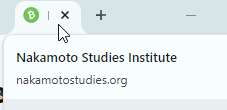
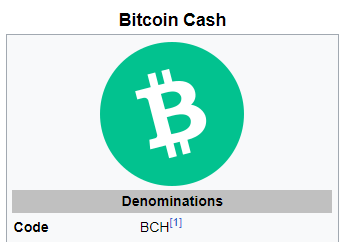
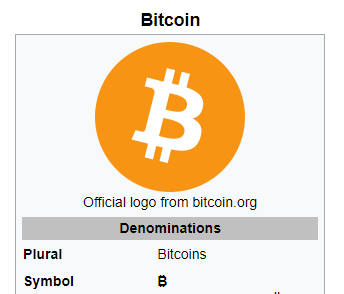
For some reason, the NakamotoStudies.org (BCH-friendly) site does not currently show the Matonis email, see this link. Actually, all "Emails" are "forbidden."
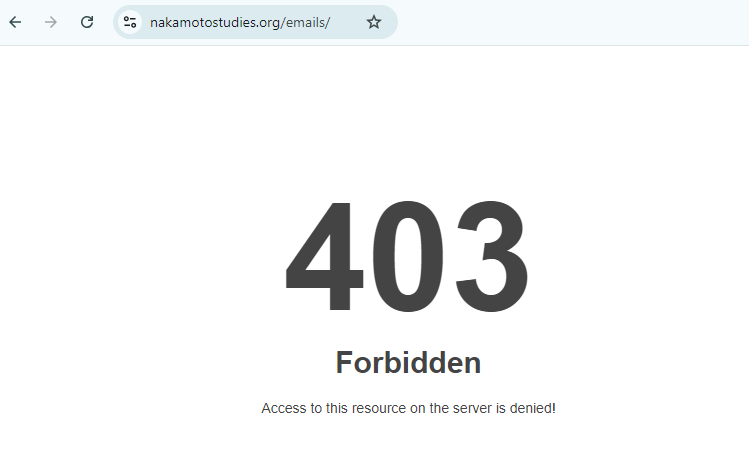
Though not live now, the Internet Archive Wayback Machine has captured the emails here.
At this point, the tecno-labyrinth is confusing and the muck is deep.
It seemed simple. I just wondered if Satoshi wrote the emails, but now I'm mired in website inclusion/exclusion censorship and gamesmanship, B-cash talk, and Craig Wright-is-Satoshi nonsense. Labyrinth and muck.
Canon or canon not?
In Christianity, there is the idea of Biblical canon. Canon is what should be included in the Bible, non-canon is everything else. Christians believe canonical works are inspired scripture, where the Holy Spirit guided the authors of the books of the Bible. As man used his own words and writing styles to literally write, the Holy Spirit actually guided each word perfectly so that the finished work was not just man's words, but "God-breathed" words.
The early Christian church, then, had to figure, "Which works are God-breathed canon and which are not?" Or, practically speaking, what goes into the Bible and what does not?
This gets into the weeds a bit, but there was no official meeting to decide what gets into the Bible and what did not. The "Early Church," that is, the body of Christian believers in the first couple of centuries A.D., essentially agreed as a collective on certain books as being in line with Christian thought and agreed that others were not. As a group, they nodded and said, "Yep, this is in," to the 66 books we recognize in the Bible today, and they said, "Nope, not this" to everything else.
I say this gets into the weeds, and it does. The Catholic Church may bring up the books of the Apocrypha. And, even then, the church might distinguish the Old Testament Apocryphal books versus New Testament Apocryphal books. It gets complicated.
What's more, some may argue that official church councils or positions officially codify or accept certain books as doctrine, or not. That is, the official church officially deems canon, or as deems non-canon. Yet, others may argue, as I do, that it is not an official church that is the gatekeeper of canon, but rather that it is instead the decentralized body of believers as a group, guided by the Holy Spirit, which accept canon and reject non-canon. If canon is God-breathed, it is not a council of church men who decide canon or not. Rather, it is the church, the believers, guided by the Holy Spirit that decides.
This is now deeply in the weeds, but the point remains...some works get in, some does not.
Bitcoin is not a religion
To be clear, I'm very much not a fan of throwing religion onto bitcoin. We do it at times, maybe in a solely fun way, such as with the "Genesis block" or in other ways. Bitcoin is a lot of things: economics, computer science, physical science, mathematics, philosophy, game theory, and more. But, it's not religion.
The reason I even included the religious discussion here is to illustrate the point of including or excluding text. Recall my question, "Should the Wei Dai and Jon Matonis emails be included in Satoshi's writings?"
And, I mentioned two ways above what made Biblical canon or non-canon: (1) official decree or (2) unofficial acceptance by the people. In the first case, I wouldn't want an official bitcoin meeting of people to decide yes or no as to what is Satoshi's writings and what is not (of course, being decentralized, there can be no official bitcoin meeting!). And, to the second, I don't want the bitcoin community to collectively agree yes or no, "This is in, this is not," as the early Christian Church did with Biblical canon. My desire is this:
If Satoshi wrote it, I want it included in "Kicking."
Yet, the question still nags, are these emails Satoshi's words? Are they bitcoin canon or not?
My hope
To include or not to include is my question? My reason for writing this is to hopefully get unstuck from the muck and mire. My options at the moment, as I see them, are:
- Don't include those emails in "Kicking the Hornet's Nest."
- Include them alongside all the others in the chronological place they would go.
- Include the emails, but add an editor's comment effectively as an asterisk saying: *here is the email, but take itwith a grain of salt.
Currently, I'm really not sure which option I'll go with. If I had to choose today, I'd choose option 3. I've already done this with the "I am not Dorian" post, as below.
This is odd in a way. I'm a Christian, by faith. Faith, by definition, is believing in what cannot be proven. And yet, I love bitcoin, who's #1 mantra may be, "Don't trust (believe), verify." So, my hope is to find an answer to whether these emails are Satoshi's or not. Perhaps there is a telling clue or clues in the source or metadata of those emails that proves or disproves them. My hope is to verify yes or no, legit or not. Maybe someone who reads this, more adroit than I, can enlighten me on a telling point that reveals whether Satoshi wrote the Wei Dai and Jon Matonis emails, or not.
I'm curious and listening.

I go by @crrdlx or "CR" for short. See all my links or contact info at https://linktr.ee/crrdlx.
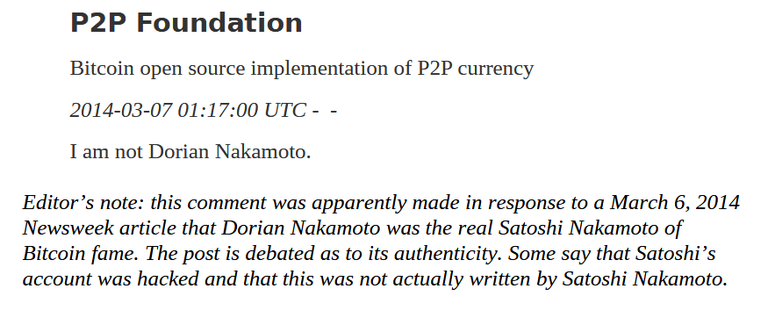
For some reason, I missed the fact that you were the editor of Kicking the Hornet’s Nest. Great work! Thanks for doing it and for keeping it up to date.
Editorial suggestion: include those questionable emails in brackets or different font, with an explanation as to the questions about their authenticity, much the way modern Bible translations deal with differences between Masoretic texts and the Septuagint, etc.
I decided I will include the emails with editorial comment (like you suggest).
Also, thought you might be interested...
I did some more digging (see https://stacker.news/items/694651 for write up). The upshot:
. the Wei Dai emails seem legit to me
. Matonis email...I'm still not sure
. I reached out to Dai, Matonis, and NakamotoInstitute.org
. heard back from NakamotoInstitute, essentially they said they had a policy since 2014 to not include personal emails for fear of possible privacy issues and/or accidental doxing, but that they're reconsidering now that 10 years have passed and many emails are in court records
Thanks for the suggestion. That is the way I'm leaning...include but with an explanation. Still going to try to dig a bit first though.